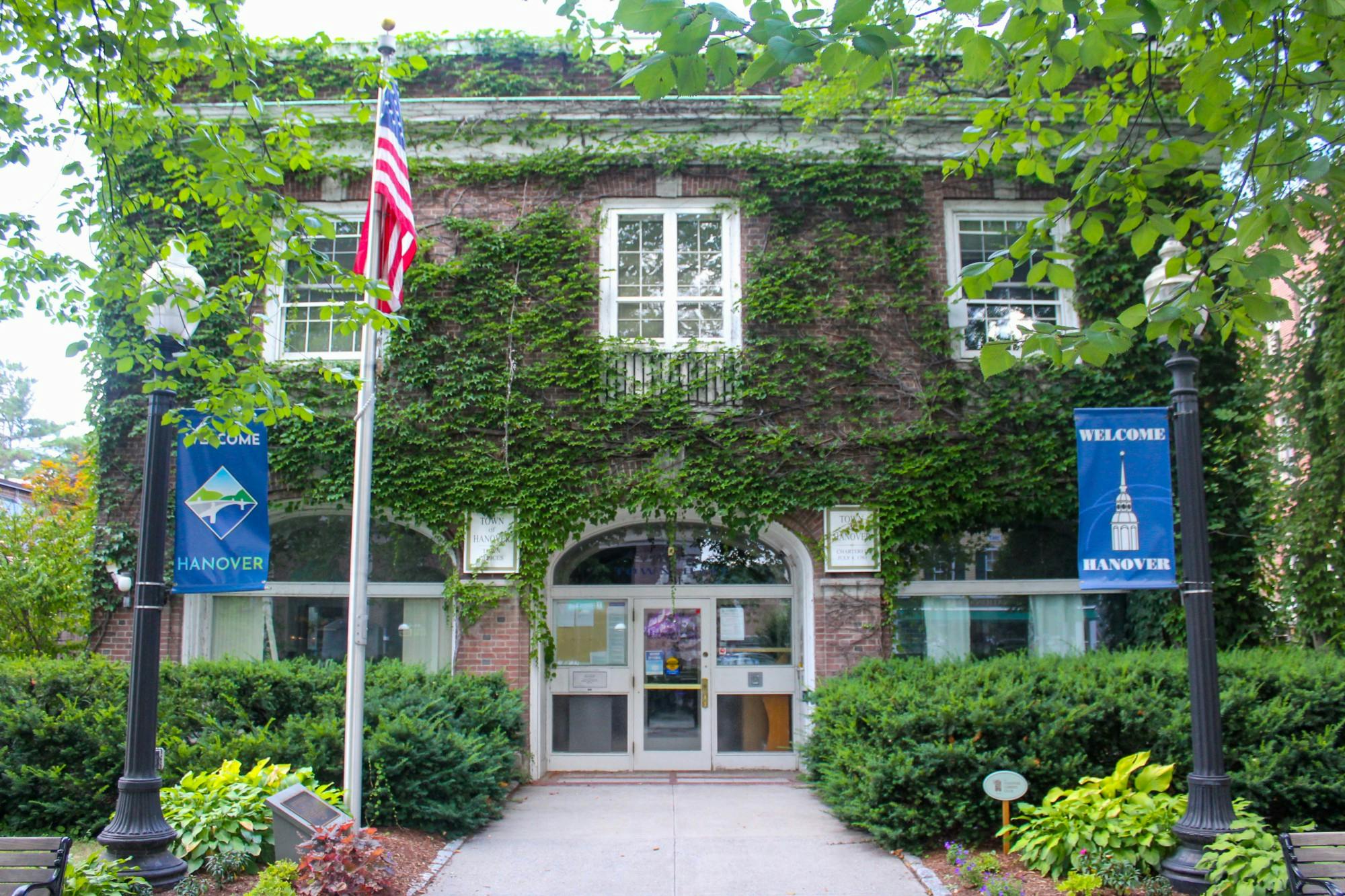This summer, the College plans to submit detailed plans to the Hanover Planning Board for construction approval of the North End Housing project, a 397-bed student residence on Lyme Road, according to Office of Communications media relations strategist Jana Barnello. The College received a special exception for the project from the Hanover Zoning Board on Feb. 16.
However, the project’s location — nearly one and one-half miles north of the Green — has sparked concerns over accessibility and standards among alumni, faculty and students.
The Planning Board approval process involves two phases –– design review and final plan review –– which include a public hearing, deliberation by the board, and a final decision whether to approve or reject the project.
Project management services senior director Patrick O’Hern said that the application that the College submits to the Planning Board would satisfy most of the conditions established by the Zoning Board. The Zoning Board’s conditions include improvements to the Hanover multi-use path, including enhanced lighting and an extension of the path past Dewey Field Lot.
However, according to former campus planner Lo-Yi Chan ’54, who was first involved with Dartmouth planning under former College President John Kemeny in the early 1970s, said the College will lose its walking accessibility in the next 30 to 50 years if campus keeps expanding outward. As it stands, nearly 90% of students live on campus, a trend that has been decreasing recently with the lack of on-campus housing and insufficient off-campus housing.
Similarly, government professor Russell Muirhead said that he worries that the new dorm complex will “weaken Dartmouth’s standing” by “destroying” the walkability of campus.
“The centerpiece of the Dartmouth master plan was walkability,” Muirhead said. “It’s a different life if you have to commute that far. That may be the way that it is on urban campuses, but Dartmouth is distinguished by its compactness.”
Former track and cross-country coach Barry Harwick ’77 said he has been active in organizing opposition to the project. Harwick said the remote dorms would “cut down on spontaneity,” which he called integral to a college experience.
Harwick said he wondered why the College is not developing on West Wheelock Street. In 2022, town residents voted to create a new zoning district, which would allow for “higher density residential development.”
Chan said that “money talks” when institutions decide where to build, which he said explains the project’s remote location.
“A serious problem for almost all campuses is that what usually determines where things go is … money,” Chan said. “For student housing, you typically don’t have a lot of people backing it with big funds, so it tends to be pushed [farther] away.”
Harwick said that the College was “very close” to building student residences on the corner of Crosby and East Wheelock Street but did not because of logistical issues arising from the narrow space that created additional costs.
For students such as Francina Kolluri ’25, a member of the Sadie Alexander Association, it seems like the College is “weighing costs higher than student well-being.” She added that she is concerned the College is trying to “hide that [the project] is even happening,” citing how summer 2022 project discussions took place when most students were not on-campus to deliberate. Kolluri also echoed concerns about the project’s distance from the center of campus.
“Dartmouth has really struggled with supporting their students,” Kolluri said. “Keeping the Dartmouth bubble close is really important.”
Kolluri added that she feels concerned about how the project will impact certain students.
“My biggest concern is about what disparities for low-income students will emerge,” Kolluri said. “We don’t know the patterns that may emerge, [such as] well-off students deciding to rent off-campus if placed in this new dorm.”
Although Hanover Selectboard member Jennie Chamberlain said that she is conflicted on the project, she noted that Dartmouth needs more housing regardless of accessibility concerns.
“We need housing, and this new dorm is only one mile away,” Chamberlain said. “Right now, we have 100 students taking up the space of graduate students.”
Economics professor Andrew Levin said that he is concerned that the North End project planners did not think in advance about long-lasting durability. He said that the residence hall might be built to lower standards due to its off-campus location.
“If you build off-campus, you can build to lower standards,” Levin said. “There is an expectation that on-campus buildings must last for 100 years, while off-campus buildings may only need to last for 30.”
Muirhead also expressed concern that the College is seeking to outsource the management of the project and “throw something up in a quick and dirty way.” While Chan said that all projects built by the College should be built to last, he also raised concerns about the lower standards of off-campus buildings.
“What’s happened with the current plan is that things are changing so fast that you might as well tear it down and start over again [in thirty years],” Chan said. “I’m nervous about that because it can result in shoddy buildings.”
At the February meeting with the Hanover Zoning Board, the College stated it would provide design solutions that met the Zoning Board of Adjustment’s requirements.
“Even if you have to live that far away, it’s still a great school and a great campus,” Chan said “I, of course, prefer a five-minute walk, but maybe we can’t do that anymore.”
Kent Friel ‘26 is an executive editor at The Dartmouth.




